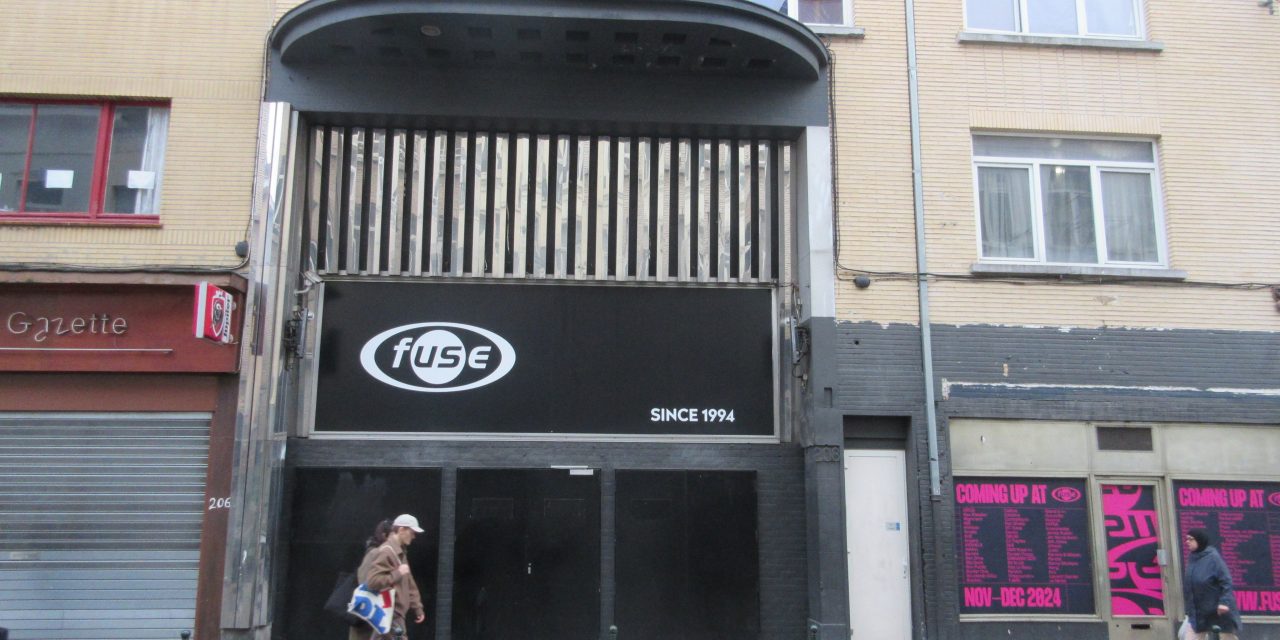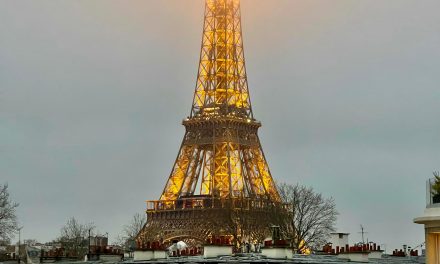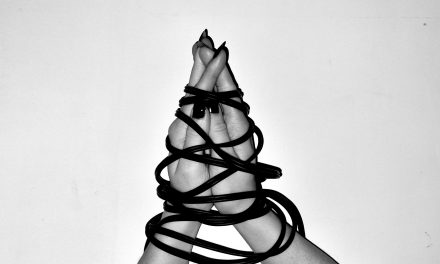As urban areas in Brussels develop and gentrify, underground clubs and alternative music venues are under pressure. What is the city doing to counteract this process and to preserve a vibrant nightlife culture?
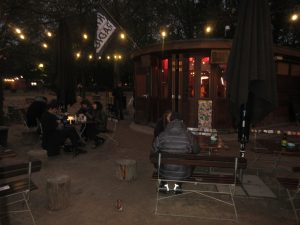
Kioskradio – an alternative Host for local music
Wednesday evening, Parc de Royal, Brussels. Like every other day, a DJ is playing in a small Kiosk in the public park, close to the Palais Royal. The host, a music collective called ‘Kioskradio’, supports a diverse selection of local artists, musicians, and cultural organizations, offering those little “raves” for free. Everyone can join, without paying for entry or having the pressure to consume. Without the city’s subsidies, Kioskradio wouldn’t be able to stay alive. It’s one of few alternative hosts in Belgium’s capital city.
Marolles – Real Estate vs. Clubculture
However, the majority of Brussels nightclubs focuses on commercial events instead of diversity or locality. A big threat for the remaining alternative nightlife culture is the issue of gentrification, which occurs particularly in the south-located district ‘Marolles’, home of the traditional techno club ‘Fuse’. This area is struggling with wealthier citizens, that have moved here in recent years, pushing away the original population. Real Estate companies complain about noises and put cultural spaces like the Fuse under pressure, as Delphine Houba, Brussels city council for culture explains: “It’s very difficult, but we try to find the balance between the attractivity of our city and the quality of life in the neighborhoods. We try to work together with the police, with the neighborhood, the local citizens, and the actors from the sector”
“I always ask, are there women or people of the queer community and if that’s not the case, it’s a problem for me and I can still refuse to give money”, Delphine Houba
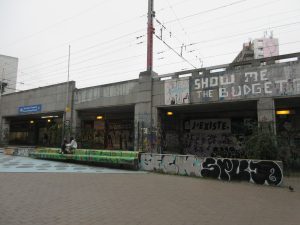
Marolles: This neihbourhood in the South of Brussels is particulary struggling with gentrification
To preserve a vibrant nightlife culture in Brussels, the city has hosted different public events, for example on the Grand Place or on top of the famous Atomium, promoting local artists. Furthermore, Houba tries to push diversity in the “male white mainstream culture”, by linking subsidies to it: “I always ask, are there women or people of the queer community and if that’s not the case, it’s a problem for me and I can still refuse to give money. It’s a way of making sure that you have some evolution in the sector”.
“There are clubs that – in one year – could maybe not exist anymore because of neighbors”, Nils Tanghe
But is the city’s support working everywhere? “Yes, but we are late with it” says Fuse-spokesman Nils Tanghe and points out, how serious the fight against gentrification is: “Several nightclubs in Brussels are in danger. There are clubs that – in one year – could maybe not exist anymore because of neighbors – us included”.
Back at Parc de Royal, where the Kioskradio-Rave takes place every day with different music. In a city struggling with rapid change, spaces like these offer a vision of how inclusivity and creativity can overcome the challenges of gentrification. Still, the example of the Fuse shows, that there is a lot more to do.
